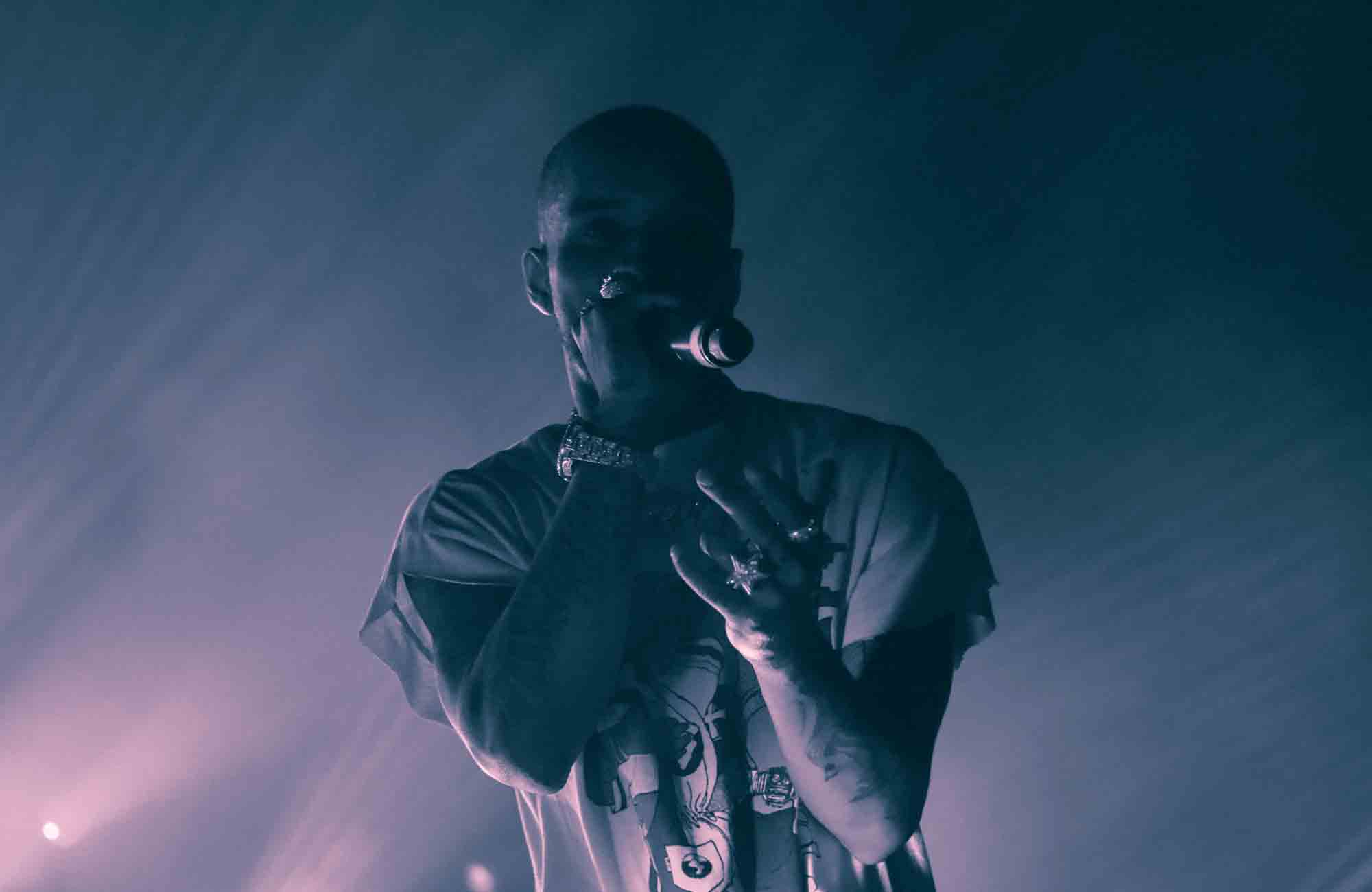
How To Make Money As An Upcoming Hip-Hop Artist
The music industry is vibrant and continually evolving, and hip-hop sits prominently within this landscape as one of the most influential and dynamic genres. Making a living as a hip-hop artist can be as multifaceted as the genre itself, encompassing not just music sales and live performances but also a range of other creative and entrepreneurial ventures. In this detailed exploration, we’ll dive into the top ways how to make money as a hip-hop artist, from traditional methods to more innovative approaches.
1. Digital Sales and Streaming
The digital age has transformed how music is consumed, with streaming services like Spotify, Apple Music, and Tidal becoming primary sources for music listening. As a hip-hop artist, distributing your music through these platforms can provide a steady stream of income through royalties. It’s crucial to have a good distribution deal or use reputable distribution services to ensure your music reaches as wide an audience as possible. Additionally, selling digital downloads directly to fans through platforms like Bandcamp can be a lucrative avenue.
2. Live Performances
Touring and live performances remain a cornerstone for making money in the music industry. For hip-hop artists, live shows not only generate income through ticket sales but also offer an opportunity to sell merchandise and physically connect with the fanbase. Performing at festivals, clubs, and private events can significantly boost an artist’s profile and revenue. Strategic booking and a strong live show can elevate an artist’s marketability and demand.
3. Merchandising
Merchandise sales can be a substantial income source for hip-hop artists. This can range from clothing lines and accessories to unique collectibles related to the artist’s brand. The key is to create appealing, high-quality merchandise that fans are excited to purchase. Exclusive or limited edition items are particularly popular and can command higher prices.
4. Licensing and Sync Fees
Hip-hop music is in high demand for films, TV shows, commercials, and video games. Licensing your music for use in these mediums can be a significant revenue stream. These opportunities not only provide upfront payments but can also offer exposure to new audiences. It’s important to work with a publishing company or sync agent who can help place your music in these opportunities.
5. Social Media and Online Content
A strong online presence can open up multiple revenue streams for hip-hop artists. This includes monetizing YouTube videos through ad revenue, creating exclusive content for Patreon subscribers, or engaging in partnerships and sponsorships with brands on social media platforms. The key is to maintain an authentic connection with your audience while exploring various monetization options.
6. Collaboration and Features
Collaborating with other artists can be a profitable endeavor, whether through featuring on tracks, producing beats, or writing songs. These collaborations can lead to split royalties, upfront fees, and increased exposure by tapping into each other’s fanbases. It’s a way to keep your artistry fresh and reach new listeners.
7. Beat Production and Sales
Many hip-hop artists are also talented producers. Creating and selling beats can be a lucrative business, with platforms like BeatStars and Airbit providing marketplaces to sell your productions. Whether you’re selling exclusive rights or leasing beats, this avenue allows artists to monetize their production skills effectively.
8. Workshops and Masterclasses
Established artists can leverage their experience and expertise by hosting workshops or masterclasses. These can be about lyric writing, beat making, or navigating the music industry. Not only does this provide another revenue stream, but it also helps in building a deeper connection with your audience and giving back to the community.
9. Crowdfunding
For specific projects like album releases or tours, crowdfunding can be an effective way to raise funds. Platforms like Kickstarter and Indiegogo allow artists to collect donations from fans in exchange for rewards or exclusive experiences. It’s a way to engage your fanbase and involve them directly in your creative process.
10. Investment and Entrepreneurship
Finally, diversifying income streams by investing in ventures outside of music can provide financial stability and growth. Many successful hip-hop artists invest in real estate, start their own record labels, or launch businesses related to their interests and brand. This not only generates additional income but also builds a lasting legacy beyond music.
Conclusion
The path to making money as a hip-hop artist is as diverse as the genre itself. It requires not only musical talent but also entrepreneurial savvy, a deep connection with fans, and a willingness to explore and innovate across different revenue streams. By leveraging these top ways to make money, artists can build a sustainable career and contribute to the rich tapestry of hip-hop culture.
Browse Beats & Instrumentals
Check out my extensive catalog of more than 500 custom-made beats and instrumentals, available for free download or licensing.


No Comments